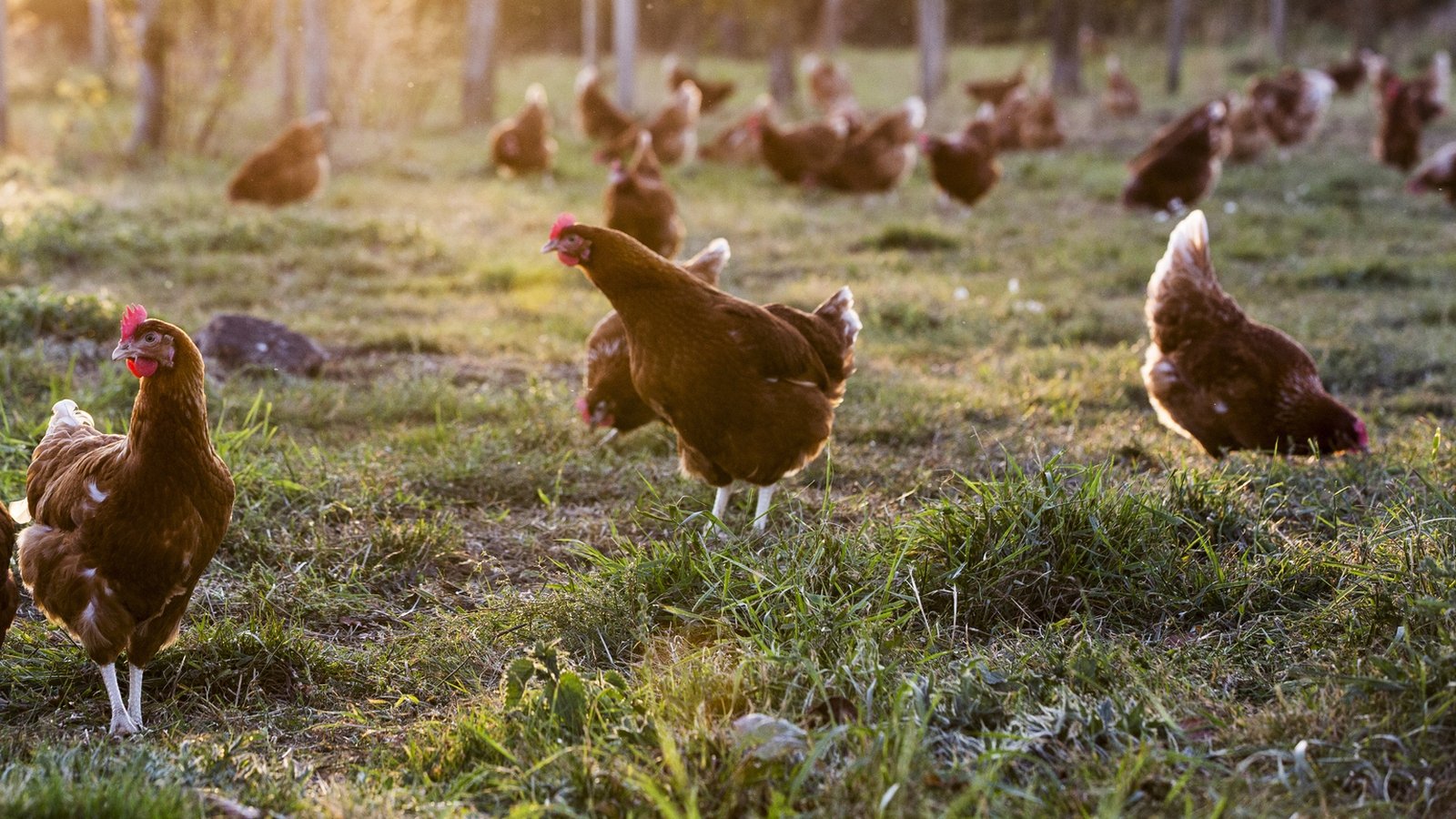NOVEMBER 29, 2018
The Competition and Consumer Protection Commission (CCPC) has commenced a civil competition law investigation into the conduct of the Restaurants Association of Ireland (RAI). The investigation follows several months of engagement with the RAI, during which time the association failed to address concerns identified by the CCPC.
Competition law requires businesses to be free to independently make their own commercial decisions, based on their business needs and circumstances. In January 2018, the CCPC became aware of public statements made by the RAI, stating that the association had written to its members and recommended the introduction of booking policies, including obtaining non-refundable deposits from customers to counteract ‘no show’ bookings, and suggesting a deposit amount that should be sought from customers.
Under competition law, a trade association must not attempt to co-ordinate the conduct of its members, for example, by advising, recommending or suggesting to its members the terms and conditions under which a service should be provided, or the price that should be charged.
The CCPC’s role is to ensure that businesses have the freedom to set their own terms, and we engaged with the RAI to make them aware of their obligations under competition law. The nature of this engagement was to bring about compliance, however, the association has failed, to date, to address these concerns. The investigation is ongoing.

 www.rte.ie
www.rte.ie
